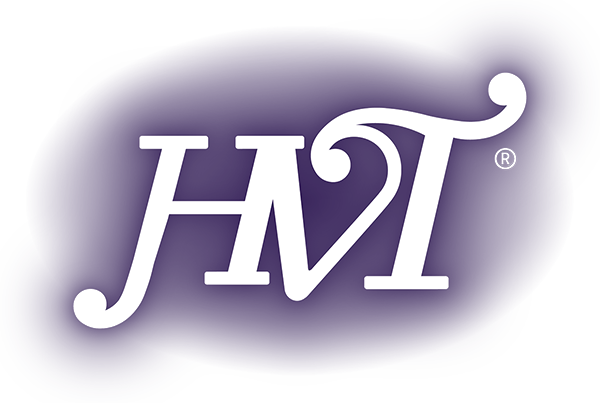Some beliefs are good in some ways, for some times, and some people. But as we will see in this post, not all beliefs are appropriate, healthy, or wise to hold on to through all stages of life. This post will look at beliefs, why we need them, and why we need to release them.
We will begin with two definitions.
Belief means 1. Trust or confidence. 2. A firmly held conviction or opinion. 3. Something believed or accepted as true, especially a tenet or body of tenets.
Believe means 1. To accept as true or real. 2. To credit with veracity. 3. To have confidence in, to trust. 4. To suspect or suppose, think.
PRIMARY BELIEFS
We all know what it means to believe in someone or something. When we believe another person, we can trust what they say when they say it. With a thing or idea, we learn first or second hand what is appropriate to believe and what is unwise to just accept. Sometimes we need to reject beliefs as we grow beyond their usefulness: Daddy does not have all of the answers, and we discover that an adult is not always around to take care of us. Beliefs can be as simple as believing the sun will rise tomorrow, a red light means stop, or we can always trust a policeman.
Parents need to teach children to have certain beliefs in order for them to learn healthy parameters and appropriate skills, and to grow into well-adjusted adults. All of us initially need to learn rules and social etiquette, how to handle responsibilities, develop self-discipline, utilize judgment, (or better yet, discernment,) and apply occasional expectations. These basic understandings are foundational and exclusively mental, 3 dimensional edicts, guidelines, and operating systems. Without these guidelines, children would grow up to be unmanageable, self-focused, and unproductive adults. Ideally these primary and essential qualities become so ingrained as we mature that we no longer need to think about them, but apply them instinctively. Once we are so adept at knowing and using them, we need to release the conscious scripting of them. Doing so will open inner space for God’s Light to fill, and move us into higher operational and spiritual capabilities. These early, necessary beliefs are not rejected, but opened.
SOCIAL BELIEFS
The next types of beliefs are sayings that are in the conscious psyche of society. Such statements as, “The early bird gets the worm,” “Always look your best,” or “Be nice to others,” are instructional suggestions that are also important in forming good life views and habits. Once they are learned and automatically applied, they can also be released to make mental room for higher functioning.
PERSONAL BELIEFS
We have all formed opinions about life from our experiences. These statements are facts to us. As accurate as they may seem to be for us, even if not for everyone, they function as beliefs that freeze us inside a barrier. There is an endless list of possible conclusions, but several phrases are: “Life is hard; life is not safe; I’m unworthy; I’m a loser; no one understands or likes me; never trust a man (or woman,) never show anger; always please others before (or instead of) myself; I must always be right; there is never enough time or money to go around,” and on and on. These conclusions were learned the hard way, and because we are rather intelligent, we cling to them as our truth. If you want to build a more rewarding life, you MUST surrender these beliefs to clear your mental filters. One definition of insanity is doing the same thing and expecting a different outcome.
Your personal beliefs perpetuate your past experiences and what you claim. Whenever you catch yourself thinking, speaking, or behaving in ways that reflect your personal beliefs, surrender them to God. Say something like, “I don’t want to keep accepting (that statement) as my truth. I surrender my feelings, experiences, and behaviors about (that statement) to You, God.” Continue doing so as often and as long as it takes, likely weeks or months, until you notice you don’t feel that way anymore. Sometimes it also helps to make a different, positive statement right after you surrender the old one. For example, when you think, “I’m a loser,” surrender it, and then say, “That is no longer true, and I will be more positive, (or accomplish what I want to do, or I am capable of making life improvements, or I can do nice things for others,” etc.) You are tutoring your brain to create a healthier pathway of activity.
We will benefit by releasing even positive experiential statements such as “I am trustworthy;” or “I like to help others.” As we spiritually evolve, God’s attributes will automatically upgrade even our highest understandings of behavior and thinking.
One last word about personal beliefs: be alert for variations of thoughts and perspectives about being rewarded for good behavior. This belief is so enmeshed in us that it permeates us almost to our core. Examples span from Santa Clause, to “Life is not fair, I deserve better, I just did something nice for that person and then had this problem happen.” We will evolve more rapidly when we accept that everything happens FOR us rather than TO us. No matter the appearances, everything happens to offer us potential growth or needed healing opportunities. We cannot earn God’s love or grace. We already have it. In order to manifest it, we must make room inside of us for God to fill. That is why surrendering and vacuuming are so life changing!
In Part II of this post we will explore religious beliefs and spiritual understandings.
More specific and complete information about these ideas can be found in my book, LIFE’S HEALING SETUPS: Guidance to transform struggles into peace and live beyond your ego.


Thanks D’Ann
Very well said! Thanks D’Ann
It is reassuring that we already have God’s grace and we only need to make room for it in our lives.